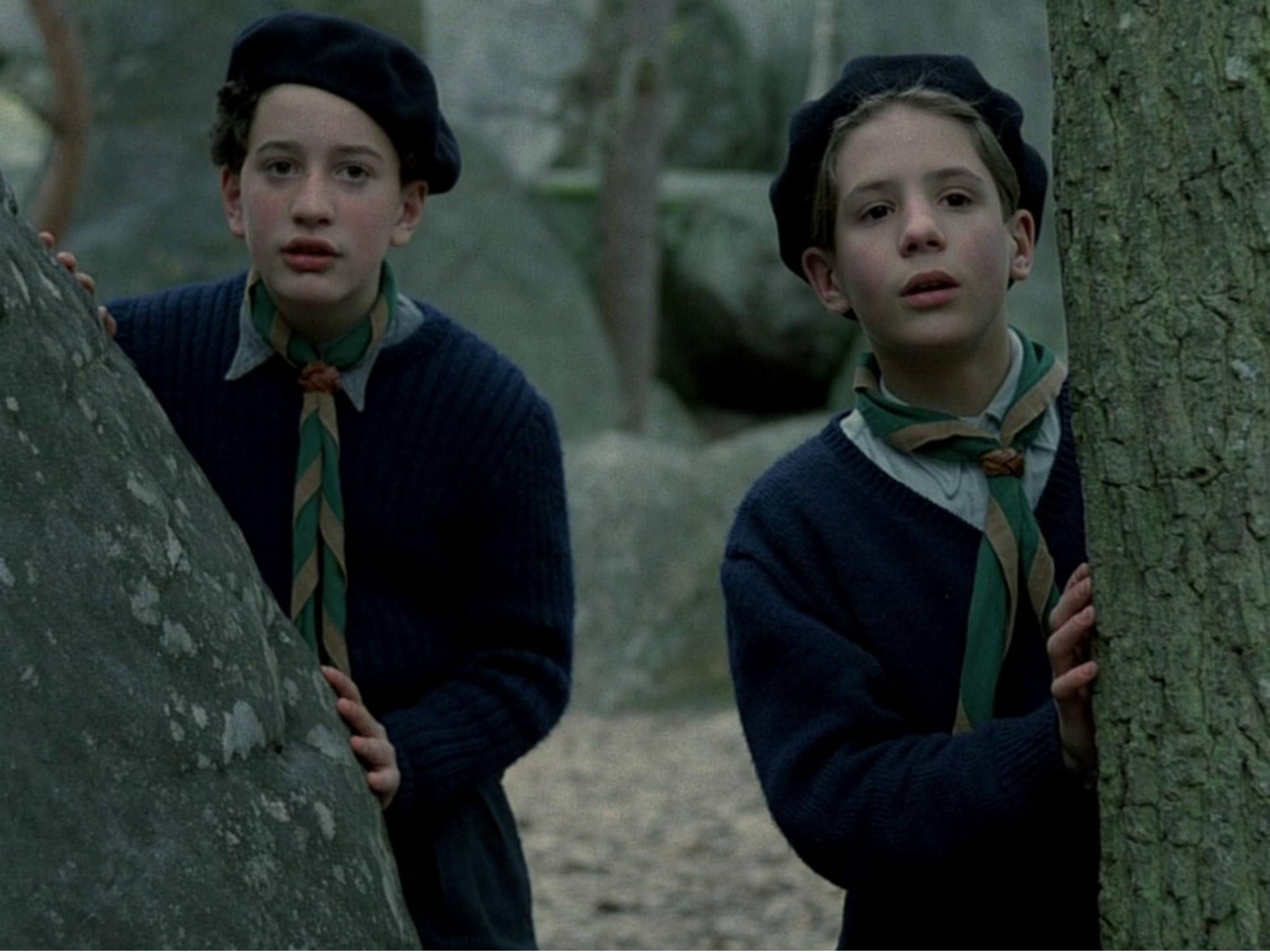Movies You Might Have Missed: Louis Malle’s 'Au revoir les enfants'
The autobiographical masterpiece from 1987, in which Nazism looms over schoolchildren in occupied France, is a powerful study of the limits of friendship and the importance of not forgetting the horrors of the past

Last Saturday was Holocaust Memorial Day in the UK, an occasion dedicated to the remembrance of those who suffered persecution by the Nazis. Filmmakers have often found the Holocaust difficult to capture on screen due to the sheer scale of unbearable tragedy. Films such as Schindler’s List and The Counterfeiters address this problem by focusing on relatively positive stories, glimmers of hope in a world in which it was in short supply. Louis Malle’s Au revoir les enfants (1987) contains no images of concentration camps or destruction but presents Nazism as a looming spectre that hangs over schoolchildren in occupied France.
Malle’s final masterpiece is a deeply autobiographical work and one gets the sense that this was a film the director felt he needed to make because of unresolved feelings dating back to childhood. Au revoir les enfants takes place in a boarding school in the winter of 1943 and concerns the burgeoning friendship between two boys, Julien (modelled on Malle) and Jean. Both actors were newcomers and have hardly acted since, yet Gaspard Manesse and Raphael Fejtö perfectly convey the extreme emotions and intensity of any childhood friendship. There is a reason Stand By Me ends with the words: “I never had any friends later on like the ones I had when I was 12. Jesus, does anyone?”
This is a film that reminds us, like Casablanca, that the world did not stop during the war years. It is as much a tale of friendship and rivalry set in a school as it is a war drama. Boys continued to be boys despite the enormity of global events during the 1940s and Julien and Jean bicker like any other prepubescent pals before Julien notices that his new friend wears a yarmulke and prays in Hebrew. A compassionate priest at the school has granted refuge to a few Jews and it is little wonder that this movie was selected by the Vatican in the “values” category of its list of 45 “great films”.
A strange feature of Malle’s legacy involves Quentin Tarantino. Before he embarked on a career in film, Tarantino worked in a video store in California. Attempting to recommend Au revoir les enfants to a customer, the name had somehow morphed into Reservoir Dogs, a title he would find a use for eventually. Malle’s film, though, should not merely be remembered for this nugget of trivia. It is a profound and powerful examination of the limits of friendship and the importance of not forgetting the horrors of the past.
Join our commenting forum
Join thought-provoking conversations, follow other Independent readers and see their replies
Comments